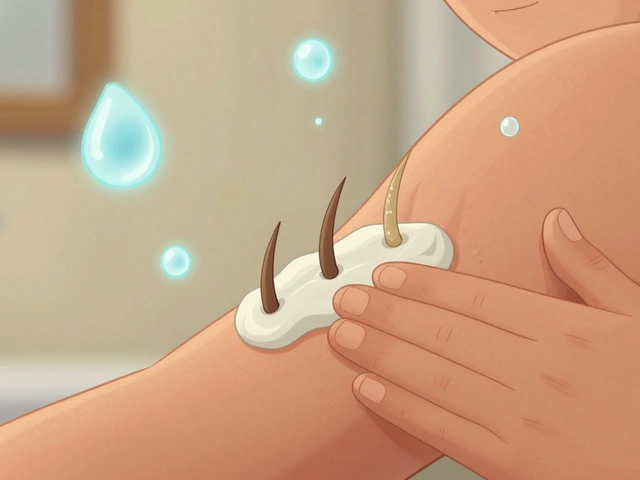Aciclovir: What it does and how to use it
Aciclovir (also spelled acyclovir) is an antiviral drug used mainly for herpes infections — cold sores, genital herpes, and shingles. Start treatment as soon as you notice symptoms. When taken early, aciclovir shortens outbreaks, eases pain, and helps sores heal faster.
This drug comes as a pill, a topical cream, and an IV form for serious infections. Creams work for mild cold sores. Pills are used for genital herpes, shingles, and repeated outbreaks. IV aciclovir is reserved for severe cases or people with weak immune systems.
How to take aciclovir
Follow your doctor’s instructions exactly. Typical adult pill doses: for a first genital herpes episode, 200 mg five times daily or 400 mg three times daily for 7–10 days. For shingles, 800 mg five times daily for 7 days is common. For cold sores, topical cream is applied at first tingle and repeated per label—oral treatment can be a short course instead. Doses differ for children and people with kidney problems, so don’t guess.
Take pills with a full glass of water. Stay hydrated — kidneys clear the drug, and fluids help lower side effect risk. If you miss a dose, take it as soon as you remember unless the next dose is close; don’t double up.
Side effects and precautions
Most people tolerate aciclovir well. Common side effects are nausea, headache, tiredness, and mild stomach upset. Less common but serious effects include confusion, seizures, or kidney problems — watch for decreased urine, swelling, or sudden mental changes and seek help.
If you have kidney disease, your doctor will lower your dose. Older adults may need adjustments too. Tell your provider about other meds you take: some drugs affect kidney function or interact with antivirals. Also mention pregnancy or breastfeeding — aciclovir is often used in pregnancy when benefits outweigh risks, but discuss it with your clinician.
Resistant herpes strains are rare but occur in people with very weak immune systems. If outbreaks don’t improve after treatment, your doctor may order tests or switch to a different antiviral.
Topical cream reduces pain and speeds healing slightly for cold sores when used early. Don’t apply cream to eyes; if herpes involves the eye, see an eye doctor right away — eye infections can threaten vision and need specialist care.
Practical tips: start therapy at first sign (tingle, itch). Keep pills in original packaging and store creams at room temperature. Avoid touching sores; wash hands often. Using condoms lowers but doesn’t eliminate genital herpes spread; antivirals plus safe sex work best.
If you have frequent outbreaks, talk to your provider about suppressive therapy — a daily low dose can cut outbreaks and lower transmission risk. Always check with your healthcare provider before starting or stopping aciclovir.

Aciclovir Uses, Side Effects, and Dosage: Your Complete Guide
Discover what Aciclovir does, how it works, when to take it, and what to watch out for. Essential guide for anyone dealing with viral infections.
Categories
- Medications (71)
- Health and Medicine (62)
- Health and Wellness (37)
- Online Pharmacy Guides (16)
- Nutrition and Supplements (9)
- Parenting and Family (3)
- Environment and Conservation (2)
- healthcare (2)
- prescription savings (1)


